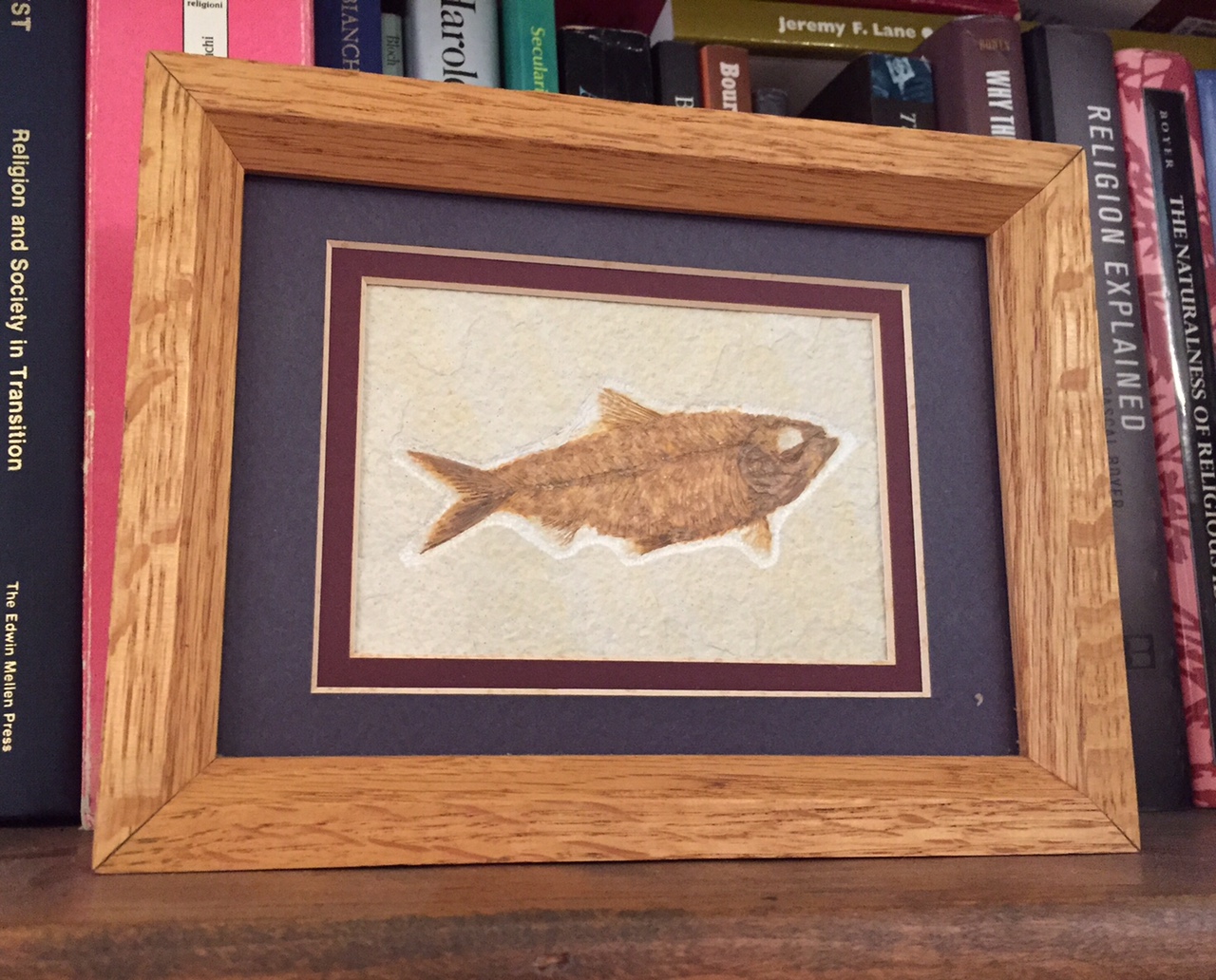 This is part of a collection of posts of quotations from The Sociologist and the Historian, (first published in French in 2010 and in English in 2015), a short collection of transcripts from a series of late 1987/early 1988 radio interviews between Roger Chartier and the late social theorist, Pierre Bourdieu.
This is part of a collection of posts of quotations from The Sociologist and the Historian, (first published in French in 2010 and in English in 2015), a short collection of transcripts from a series of late 1987/early 1988 radio interviews between Roger Chartier and the late social theorist, Pierre Bourdieu.
Here I am often tempted to tease my historian friends. They have a concern with writing, with good form, that is quite legitimate, but often they spare themselves the raw vulgarities of the concept, which are extremely important for the progress of the science. The concern for a good story can be very important because there is also a function of evocation, and one of the ways of constructing a scientific object is also to make it felt, make it seen, evoke it almost in the Michelet sense, though I do not care for this very much myself. Can you evoke a structure? That seems very strange, but it is one of the functions of the historian — as distinct from the sociologist, whose task it is, on the contrary, to disengage the immediate intuition; if he wants to explain and election night, he knows that the reader already knows too much about it; so he has to cut back, get down to the essential; while the historian, if he wants to talk about the Benedictine monks, can bring in the forest, etc. There is a function of fine style here. But sometimes, I believe, historians sacrifice too much to good form, and to that extent, do not carry through the break with initial experience, with aesthetic preferences, with the enjoyments associated with the object. (81)
Listen to the original radio broadcast, in French, here.
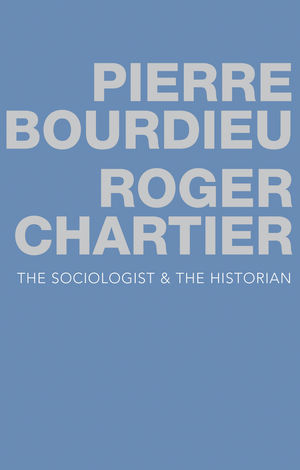
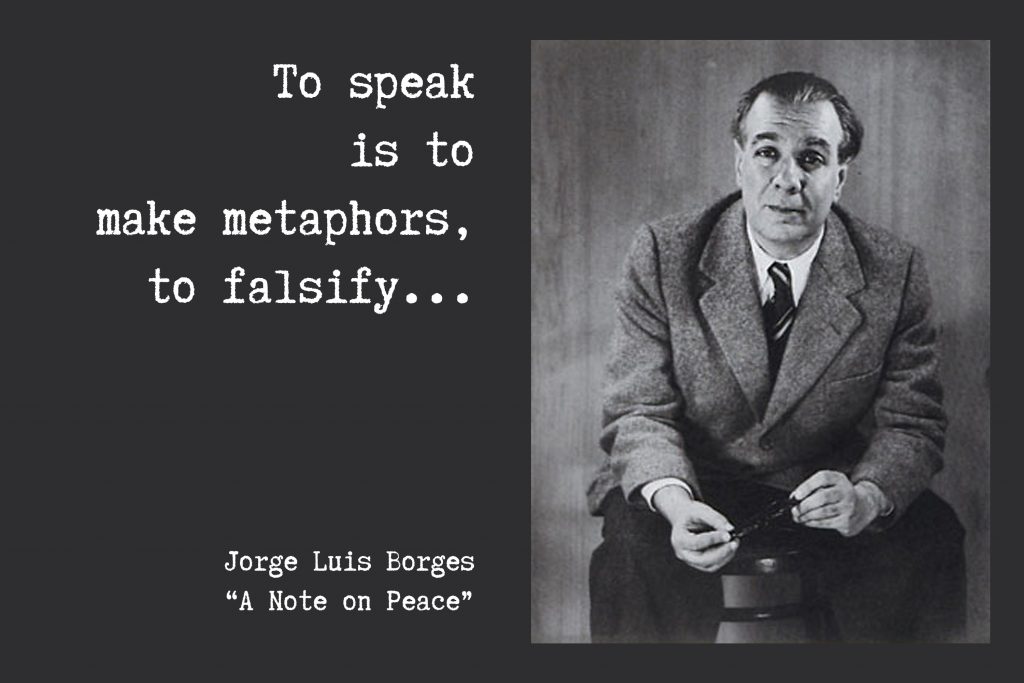

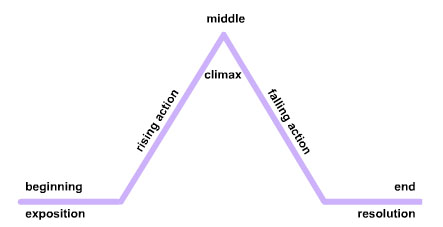 Gun fights, political intrigue, and a race against time. Reading fiction is one activity that provides a little excitement. While I enjoy a range of authors and styles, my favorites are the pulp espionage and legal thrillers from authors like David Baldacci, John Grisham, and Steven Martini. The exciting plot keeps me highly engaged and turning the pages to see how the hero or (sometimes) heroine fight off or outwit the dangerous, enigmatic threat. Like many people, I appreciate a good narrative, and that desire for a manageable, linear plot is not limited to reading novels.
Gun fights, political intrigue, and a race against time. Reading fiction is one activity that provides a little excitement. While I enjoy a range of authors and styles, my favorites are the pulp espionage and legal thrillers from authors like David Baldacci, John Grisham, and Steven Martini. The exciting plot keeps me highly engaged and turning the pages to see how the hero or (sometimes) heroine fight off or outwit the dangerous, enigmatic threat. Like many people, I appreciate a good narrative, and that desire for a manageable, linear plot is not limited to reading novels.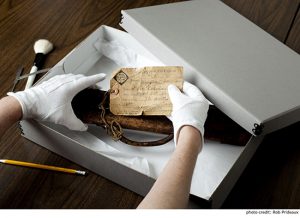
 This semester I’m teaching
This semester I’m teaching  I remember my dad, when I was younger, talking to a customer at the gas station that my parents owned and operated. The man was complaining about the price of gas going up and up and waxing nostalgic for how much it was years ago.
I remember my dad, when I was younger, talking to a customer at the gas station that my parents owned and operated. The man was complaining about the price of gas going up and up and waxing nostalgic for how much it was years ago.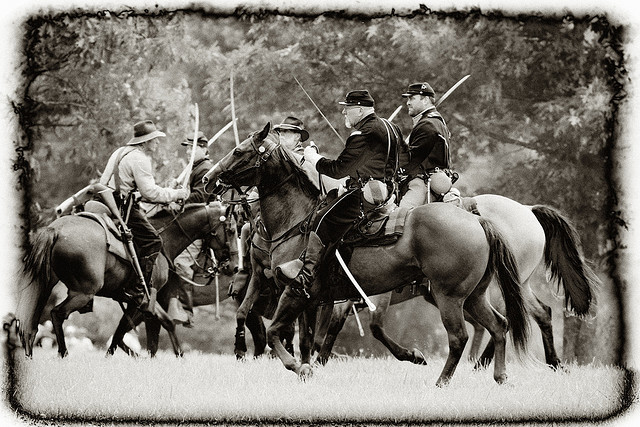 Sitting in a hotel meeting room in downtown Atlanta the weekend before Thanksgiving, I watched a professor ask one of my colleagues if the Civil War really happened. This question reflected an effort to challenge the approach that sees scholars and language creating the world. (For an example of this approach to history, see Vaia Touna’s posts
Sitting in a hotel meeting room in downtown Atlanta the weekend before Thanksgiving, I watched a professor ask one of my colleagues if the Civil War really happened. This question reflected an effort to challenge the approach that sees scholars and language creating the world. (For an example of this approach to history, see Vaia Touna’s posts 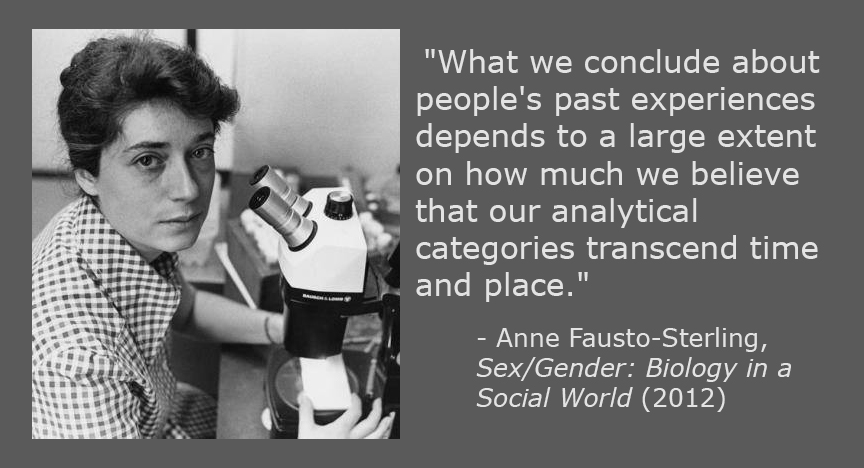
 This is part of a collection of posts of quotations from
This is part of a collection of posts of quotations from 
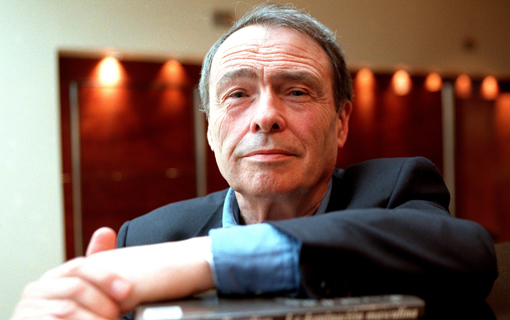 This is part of a collection of posts of quotations from
This is part of a collection of posts of quotations from 